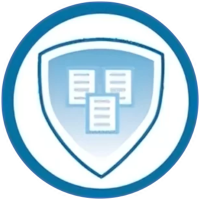Resource for key topics across the health and wellness spectrum — from mainstream medicine to complementary, holistic and integrated medicine.

Resource for key topics across the health and wellness spectrum — from mainstream medicine to complementary, holistic and integrated medicine.
© Copyright 2025 Mount Prospect Public Library,
All Rights Reserved
Install this application on your home screen for quick and easy access when you’re on the go.
Just tap then “Add to Home Screen”